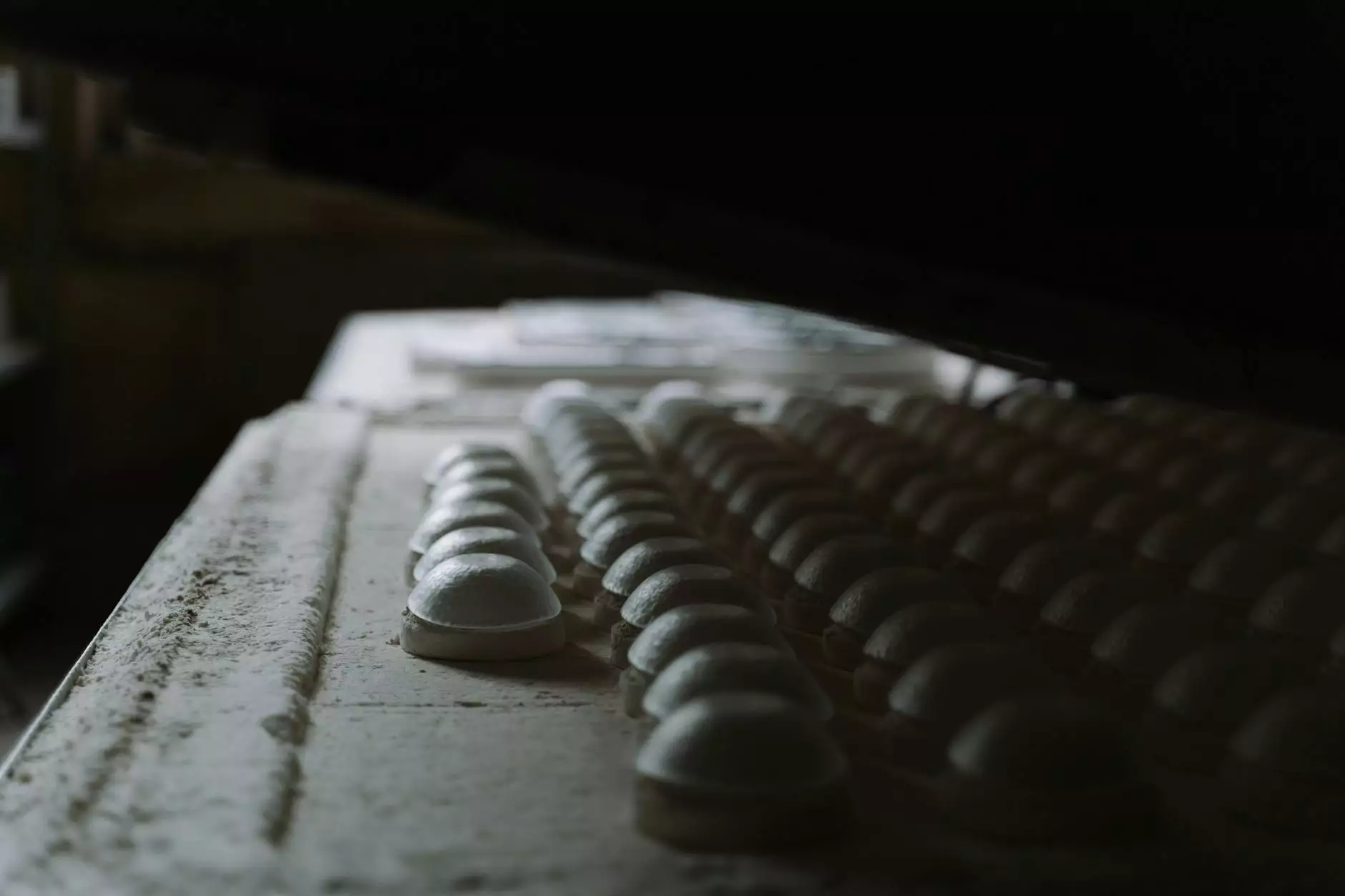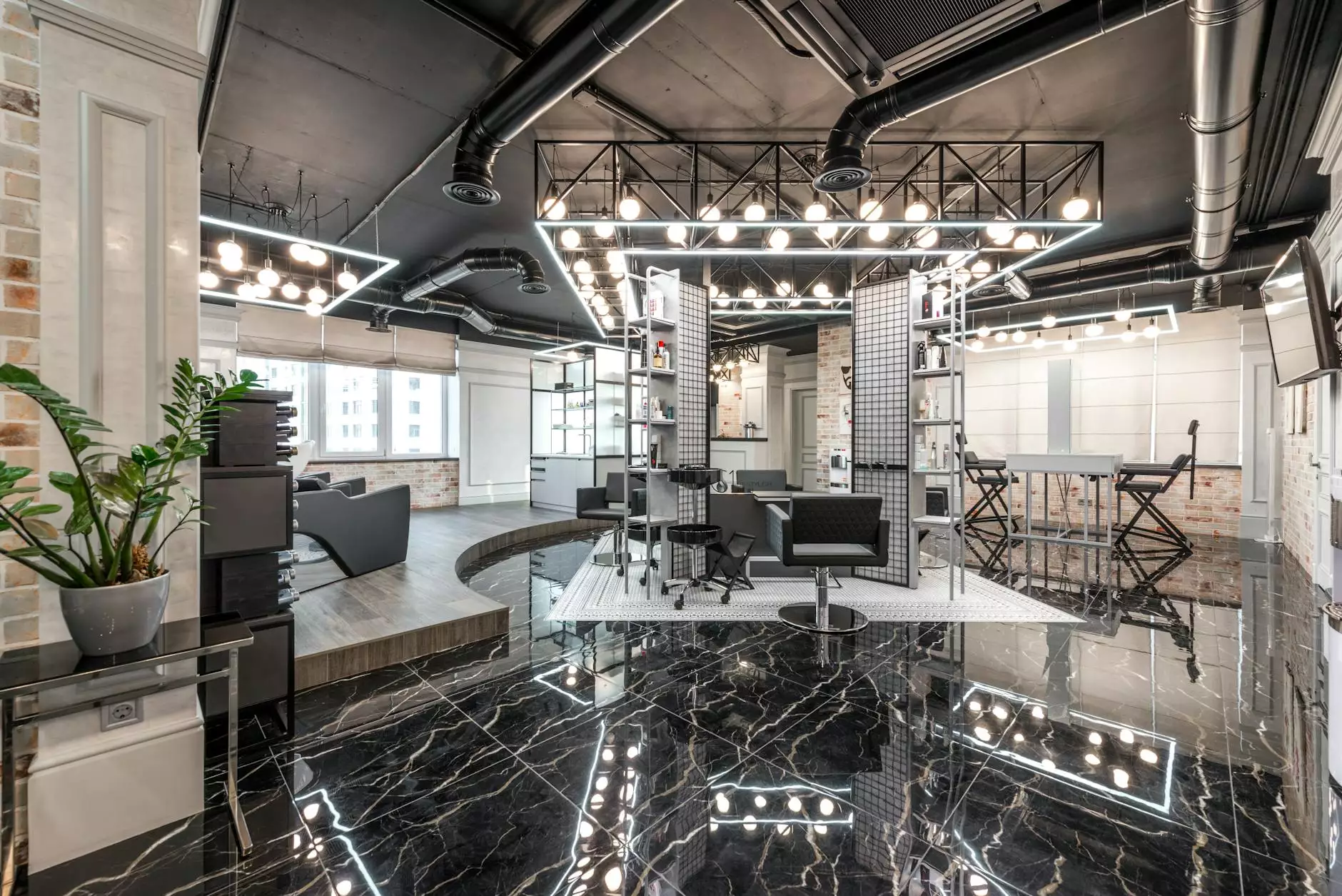Unlocking the Future of Manufacturing: The Impact of SLS Technology

Selective Laser Sintering (SLS) technology is an innovative 3D printing technique that is transforming the landscape of various industries, particularly in Art Supplies, Product Design, and 3D Printing. This article explores how SLS technology is reshaping these sectors and empowering businesses like arti90.com to achieve unprecedented levels of creativity and efficiency.
What is SLS Technology?
Selective Laser Sintering (SLS) is a pioneering additive manufacturing process that utilizes a high-powered laser to fuse small particles of material, typically plastic, metal, or ceramic, into solid structures based on a 3D digital model. This process allows for the production of complex geometries that traditional manufacturing methods might struggle to achieve. The result is a level of design freedom and innovation that offers significant advantages for businesses.
Advantages of SLS Technology
- Complex Geometries: SLS allows for the creation of intricate designs that are impossible to produce with conventional manufacturing. This capability is vital for industries that require custom-fit parts and detailed designs.
- Material Versatility: SLS machines can process a wide range of powdered materials, making it suitable for various applications. This adaptability is essential in industries such as Product Design and Art Supplies.
- Reduced Waste: As an additive process, SLS significantly reduces material waste compared to traditional subtractive manufacturing methods.
- Shorter Lead Times: Businesses can prototype and manufacture parts in a fraction of the time required by traditional manufacturing methods.
- Cost-Effective for Small Batches: SLS is particularly advantageous for small to medium production runs, reducing costs associated with tooling and setup.
SLS Technology in Art Supplies
The application of SLS technology in the art supplies sector is especially intriguing. Artists and creators are constantly seeking new mediums and tools to express their creativity. SLS enables the production of unique and customized art supplies, allowing artists to break free from conventional constraints.
For instance, artists can create intricate sculptures or customized tools designed for specific techniques, enhancing their artistic expression. Moreover, the production of art supplies through SLS technology allows for the use of innovative materials, including biodegradable plastics that support sustainability initiatives.
Case Study: Revolutionizing Art Supplies with SLS
Consider the case of a small art supply business that utilized SLS technology to create personalized paintbrushes tailored to the preferences of individual artists. By leveraging SLS, the company was able to offer a unique product line that dramatically increased sales and customer satisfaction. This example highlights how SLS technology can lead to market differentiation and new revenue streams.
SLS Technology in Product Design
In the realm of product design, SLS technology offers designers the freedom to experiment and innovate without the limitations of traditional design constraints. Rapid prototyping using SLS allows designers to test their concepts quickly and efficiently, significantly speeding up the product development cycle.
Prototyping and Iteration
With SLS, designers can iterate their designs in real-time, producing functional prototypes that can be tested for fit, form, and function before committing to mass production. This process not only saves time but also reduces costs associated with errors in the design process.
3D Printing and SLS
The synergy between SLS technology and 3D printing is powerful, creating opportunities for businesses to explore new avenues of production. 3D printing, driven by SLS technology, enables companies to manufacture components and products tailored to the specific needs of their customers with unprecedented efficiency.
Customization and Personalization
As consumer demand shifts towards personalized products, businesses that adopt SLS technology can swiftly respond to market needs. For example, a company could use SLS to produce a limited run of custom smartphone cases, allowing customers to design their own aesthetics. This level of customization can lead to enhanced customer loyalty and brand differentiation.
SLS Technology and Sustainability
Environmental consciousness is becoming increasingly important in today's business landscape. SLS technology contributes to sustainability efforts by reducing ~material waste and allowing for recycling of unused powdered materials. Companies can adopt eco-friendly practices without compromising quality or performance, aligning with consumer values towards responsible production.
Example of Sustainable Practices
At arti90.com, a commitment to sustainability can be demonstrated by utilizing SLS technology to fabricate products made from recycled materials. This practice not only minimizes the environmental footprint but also appeals to a conscious consumer base who prioritize eco-friendly initiatives.
Industry Applications of SLS Technology
The versatility of SLS technology has led to its adoption across a variety of industries beyond art supplies and product design. Some notable applications include:
- Aerospace: Lightweight and complex parts that are crucial for efficiency and performance can be produced using SLS.
- Automotive: Rapid prototyping and production of custom parts are used to streamline the design process in the automotive industry.
- Healthcare: Custom-made implants and prosthetics can be created to fit the unique anatomy of patients, enhancing outcomes and comfort.
The Future of SLS Technology
The future of SLS technology looks promising as advancements continue to enhance its capabilities. Research into new materials and improved processing speeds will expand the applications of SLS across more industries. Furthermore, the integration of artificial intelligence and machine learning into SLS systems will optimize production processes and lead to even greater efficiencies.
Embracing the Digital Manufacturing Revolution
As businesses increasingly embrace the digital manufacturing revolution, staying ahead of the curve is essential for success. Companies like arti90.com are setting the standard by incorporating SLS technology into their operations, positioning themselves as leaders in innovation.
Conclusion: Transforming Business with SLS Technology
In conclusion, SLS technology is not just a trend but a transformative force within multiple industries, including art supplies, product design, and 3D printing. Its capacity for innovation, customization, and sustainability makes it a pivotal tool for businesses aiming to thrive in a competitive landscape. By leveraging SLS technology, companies can unlock new potentials, drive creativity, and meet the ever-evolving demands of customers.
As we move forward, it’s clear that companies like arti90.com that embrace SLS technology will be at the forefront of the next wave of industrial innovation, paving the way for a new era of manufacturing and design.









